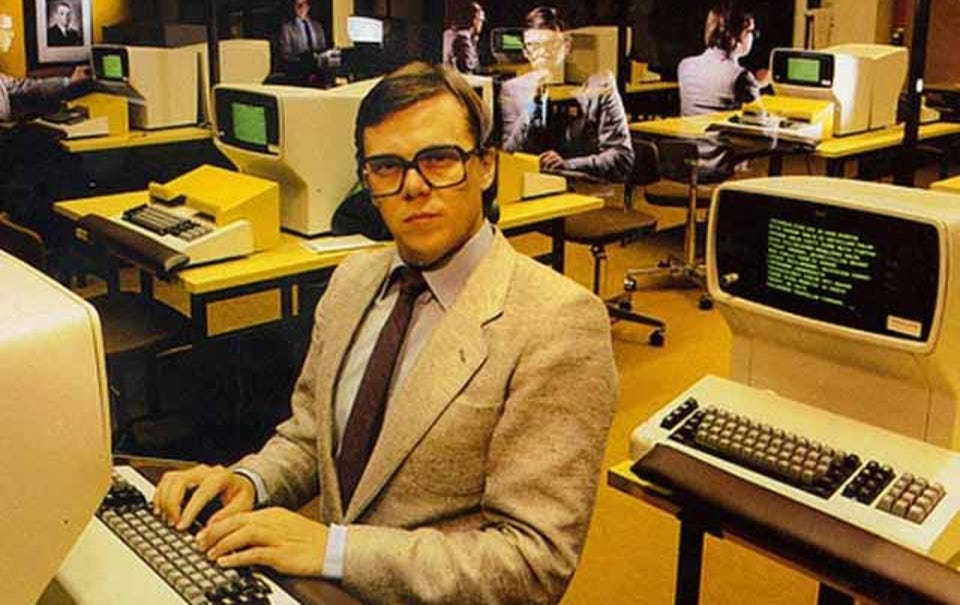Blogging Never Dies
Writing on the web is culture, not technology.
I keep coming back thinking about an alternative reality in which Google did not kill Google Reader, and built their social network Google Plus on top of it instead. They had a quasi-monopoly position with Feedburner and Reader, and from that position they may have very well killed the ascending Facebook Newsfeed, and maybe we would not live in the crap timeline we inhibit today.
Many people argue that the end of Google Reader also marked the death of blogging, and the rise of Social Media platforms meant something like a change in culture, but I digress: Blogging never went away, because it always was platform-agnostic, and there it is no different for me to write in a wordpress-backend on my former Blog, where I used the RSS-protocol to share my stuff, than on Substack, where I use email-protocols to share my stuff.
Independent writing on the web not only meant "being authentic", it also meant "independent from underlying technological infrastructures" including platforms, or content management systems. Blogging started with people logging their life, and the stuff they stumbled upon online, on a website, and it was popularized with the rise of Blogging-platforms like Blogger.com and Wordpress. It just didn't matter if you host your blog on a platform, or on a server you owned. What mattered was you.
When web2.0 diversified, offering many solutions for many forms of sharing stuff from photo to video, we used words like "photoblogging" for people who automatically fed a website with images from Flickr, or "vlogging" for Youtubers. Twitter and Mastodon are services for "Microblogging", and posting an update on your "Facebook-Wall" is no different from posting an update on Blogger.com -- and all those TikTokers are just vloggers, engaging in an industrialized version of the Harlem Shake. (If you get that reference, you are internet-old). Blogging is and always was about "writing on the internet", where "text" means language, image, video and sound.
There's also no cultural difference if your feed is produced from an underlying protocol named "RSS" or whatever Facebook or Twitter use to produce their feed. What matters, culturally, is that it is a feed, a river of posts, and even algorithmic filtering is just a sorting method (albeit an influencial one).
You could argue that in todays landscape, the term "posting" is a more precise description of what we do here, as we don't just log our lives and things, but also hook into memetic waves of interest and post "Hot Takes" on the lastest thing making the rounds, but I still don't see a big difference as blogging always was diverse contentwise, and what mattered was not the technology you used to do it, but if you had a voice that was "real" and "authentic", within the paradigm of virtual personas.
I don't think any of that has changed, at all. Actually, I think that, in fact, blogging took over the world and now everbody is a publisher, with all the good (the beforementioned democratization of publishing tools and the increased probability of finding likeminded strangers) and the ton of bad ("hellsites", outrage memetics, "political rants create the most engagement", vigilante manhunts, disinformation, tribalism, groupthink and so forth) that comes from it.
You could also argue that the rise of big centralized socmed platforms in tandem with the mobile web articulated capitalist incentives in a much higher fashion than, say, open source solutions like Wordpress or the Indieweb/Fediverse, and that those capitalist incentives helped create a lot of those problems while hollowing out the sharing process by further reducing friction in digital publishing, and I'd agree. However, those are still problems within the culture of blogging.
The technology we used to write on the web may have changed, but the culture didn't: We still post to whatever blogging platform we prefer, and we comment and fight and like and love. This is also why I always have to smirk at the occasional but regularly incoming articles like "This is the year of the RSS reader" or "Bring back personal blogging", which are just as amusing as the constant "Blogs are dead"-articles from 2010.
Actually, my dear, blogging never went away.


